Laura Preston
And other works
February 23 - March 22, 2020
Current:
Laura Preston
And other works
February 23 - March 22, 2020
Archive:
Paolo Thorsen-Nagel
Transparent Things
Oct 12 - Nov 10, 2019
Marta Riniker-Radich
Shredding Paper
Jul 7 - Aug 4, 2019
Same time, same place
Andrew J Burford
Richard Frater
Friedemann Heckel
Joe Hoyt
Cameron Irving
Mirak Jamal
Nuri Koerfer
Zac Langdon-Pole
Raphael Linsi
Sam ML
Pakui Hardware
Tamen Perez
Max Ruf
Richard Sides
Anne de Vries
Angharad Williams
Feb 24 - Mar 31, 2019
Onda Podre | Rotten Wave
Miguel Cunha
Stephan Dillemuth
Alisa Heil
Silvestre Pestana
Organized by
Uma Certa Falta de Coerência | A certain Lack of Coherence
Oct 10 - Nov 18, 2018
Ramaya Tegegne
That someone else has underlined
May 16 - June 13, 2015
Jannis Marwitz
Herz und Mund und Tat und Leben
Feb 21 - March 22, 2015
Aaron Ritschard
A cut and what it might
Jan 10 - Feb 7, 2015
The Bicycle Thief
The Bicycle Thief
Nov 22 - Dec 21, 2014
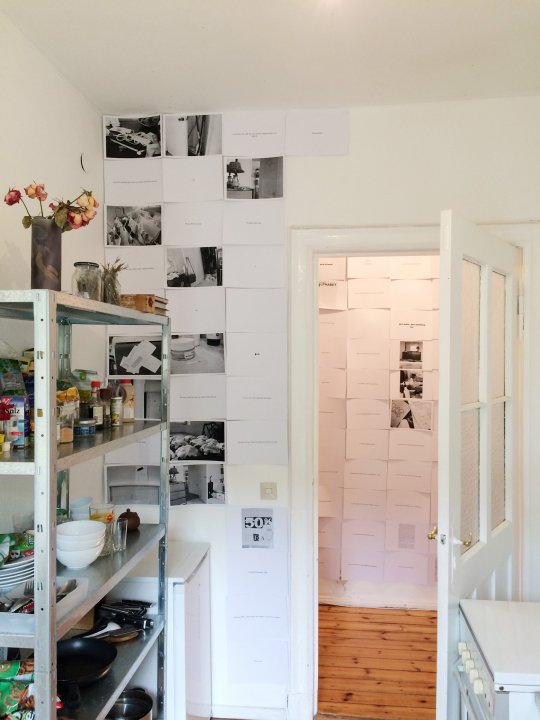
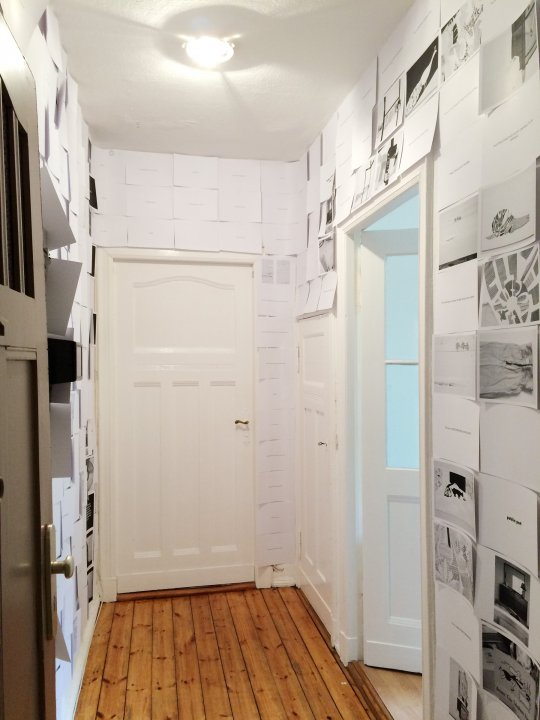
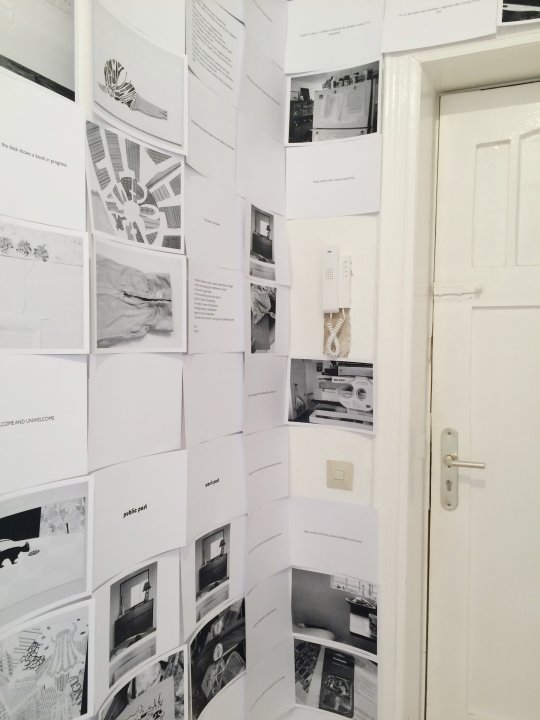
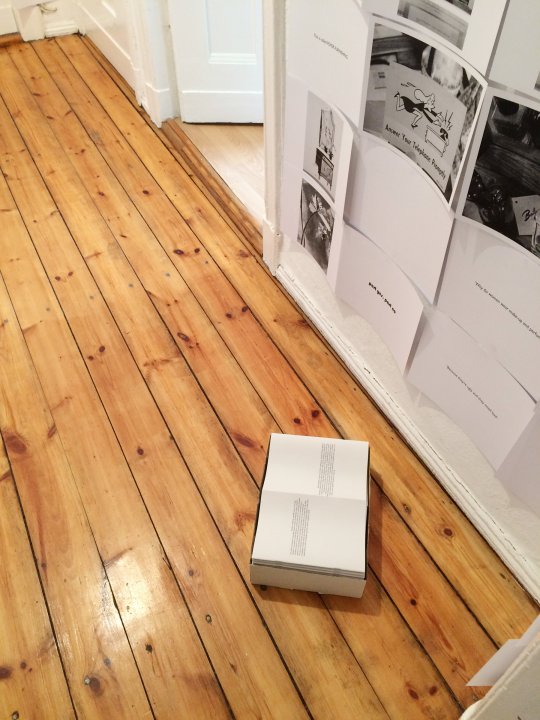

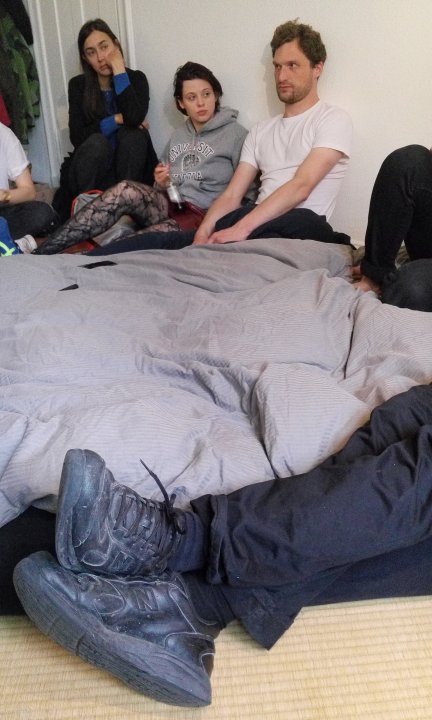
1. The men of old were born like the wild beasts, in woods, caves, and groves, and lived on savage fare. As time went on, the thickly crowded trees in a certain place, tossed by storms and winds, and rubbing their branches against one another, caught fire, and so the inhabitants of the place were put to flight, being terrified by the furious flame. After it subsided, they drew near, and observing that they were very comfortable standing before the warm fire, they put on logs and, while thus keeping it alive, brought up other people to it, showing them by signs how much comfort they got from it. In that gathering of men, at a time when utterance of sound was purely individual, from daily habits they fixed upon articulate words just as these had happened to come; then, from indicating by name things in common use, the result was that in this chance way they began to talk, and thus originated conversation with one another.
2. Therefore it was the discovery of fire that originally gave rise to the coming together of men, to the deliberative assembly, and to social intercourse. And so, as they kept coming together in greater numbers into one place, finding themselves naturally gifted beyond the other animals in not being obliged to walk with faces to the ground, but upright and gazing upon the splendour of the starry firmament, and also in being able to do with ease whatever they chose with their hands and fingers, they began in that first assembly to construct shelters. Some made them of green boughs, others dug caves on mountain sides, and some, in imitation of the nests of swallows and the way they built, made places of refuge out of mud and twigs. Next, by observing the shelters of others and adding new details to their own inceptions, they constructed better and better kinds of huts as time went on. [...]
--Vitruvius, Ten Books on Architecture